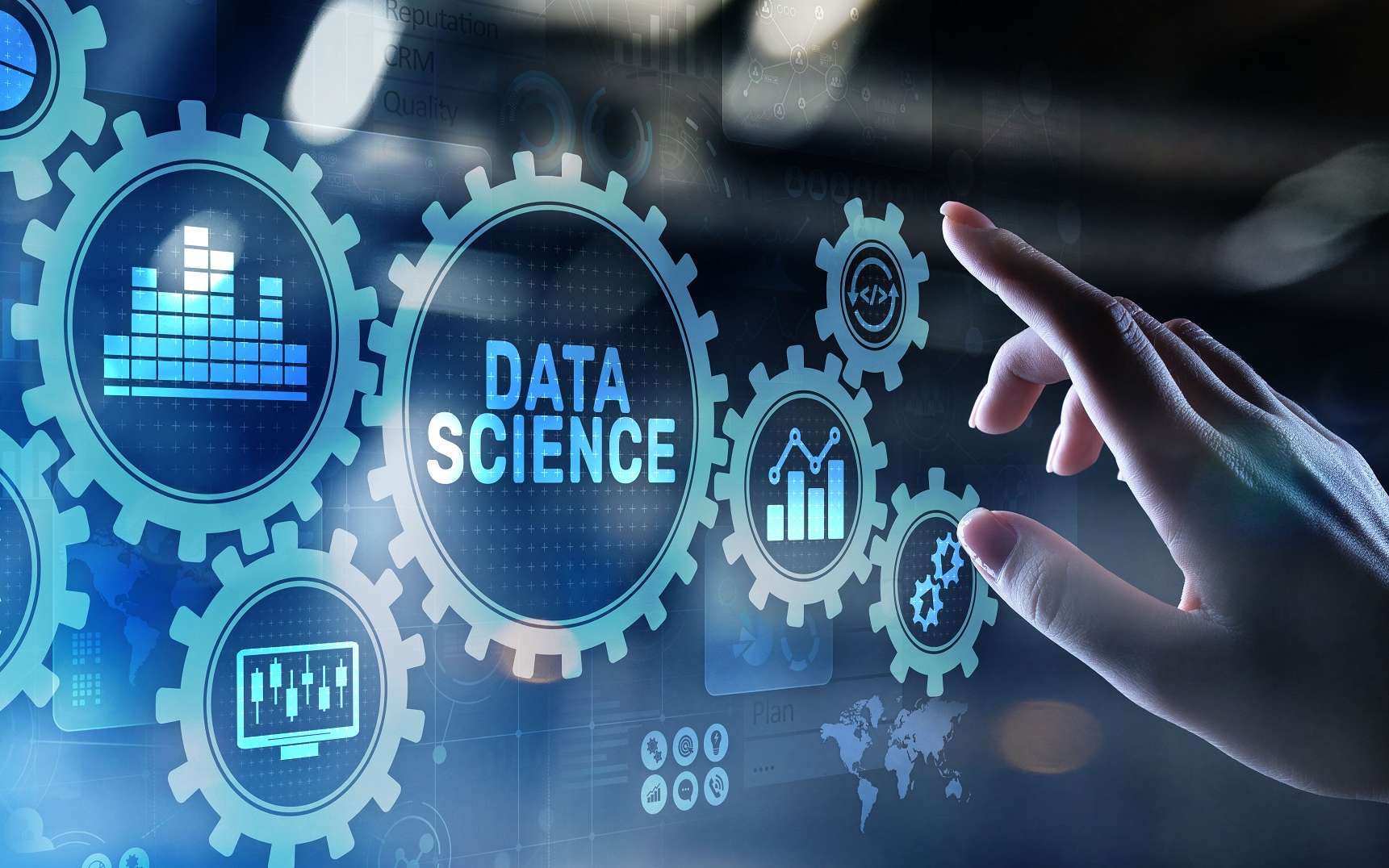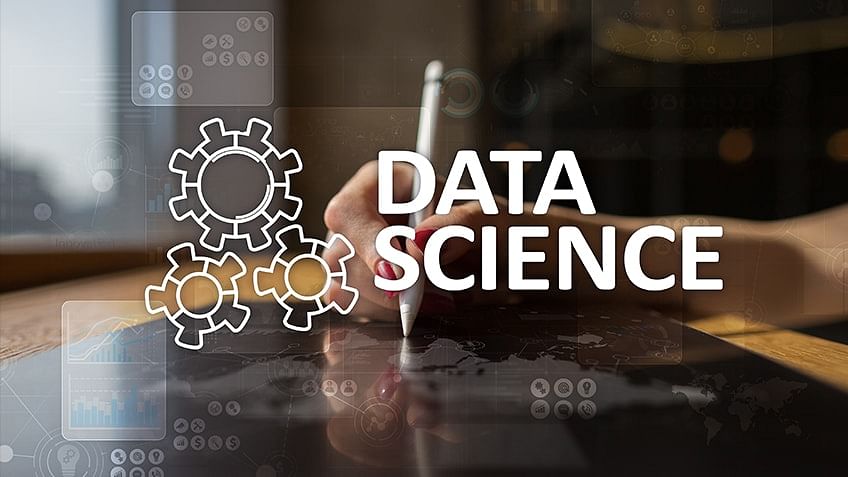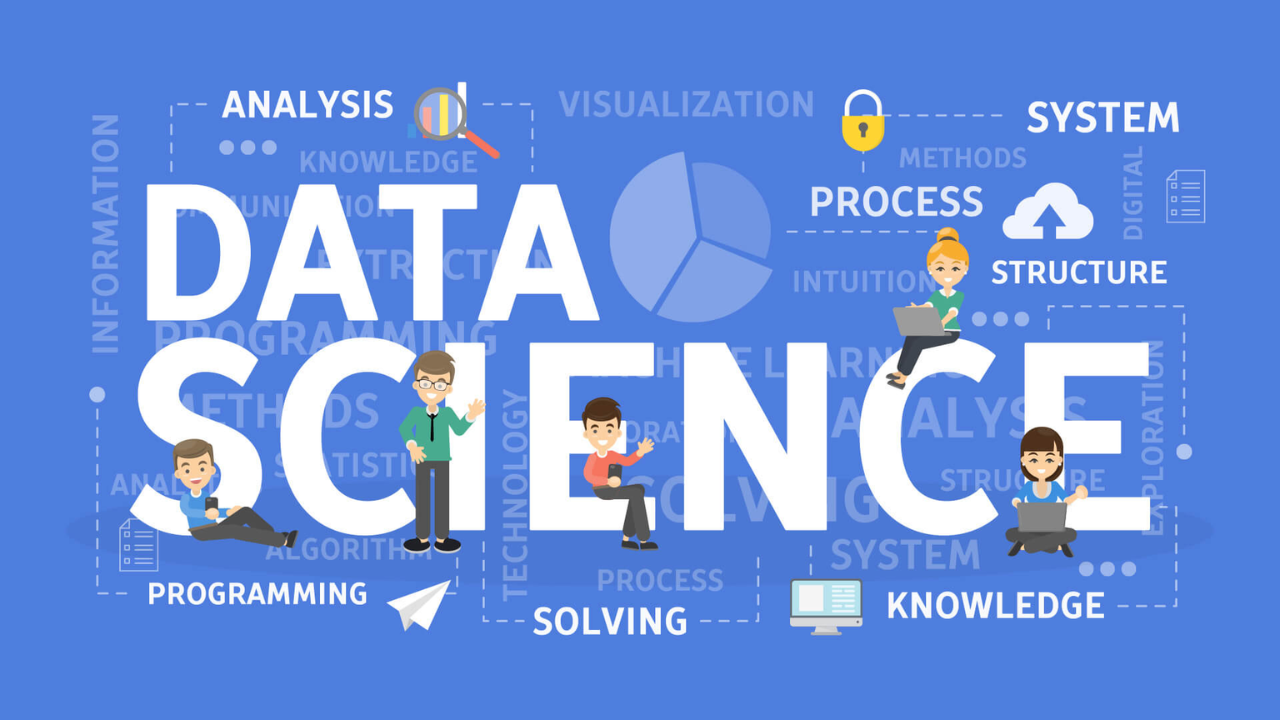Data Science Careers: A Comprehensive Guide to Opportunities and Pathways
Data science has emerged as one of the most sought-after careers in the 21st century, fueled by the explosion of big data and the need for businesses to harness data for decision-making. A data science career offers opportunities in a variety of industries, ranging from technology to healthcare, finance, and more. This guide explores the various career paths in data science, the skills needed, the educational pathways, and the future outlook of the field.
1. What is Data Science?
Data science is an interdisciplinary field that combines statistical analysis, machine learning, data mining, and programming to extract insights from structured and unstructured data. It involves the collection, processing, analysis, and interpretation of large data sets to inform business decisions and solve complex problems. Data science bridges the gap between raw data and actionable insights, making it an essential component of modern business strategy.
2. Key Roles in Data Science
The field of data science encompasses various roles, each with its focus and responsibilities. Below are some of the most common roles in data science:
2.1 Data Scientist
A data scientist is responsible for analyzing and interpreting complex data to help companies make informed decisions. They use a combination of statistical methods, machine learning algorithms, and domain knowledge to build models that predict future trends or identify patterns. Data scientists often work with data engineers to ensure the data is clean and well-structured for analysis.
2.2 Data Analyst
Data analysts focus on interpreting data and turning it into actionable insights. They often work with large datasets to identify trends, create visualizations, and generate reports that help businesses understand their performance. While data analysts may use some of the same tools as data scientists, their role is typically more focused on descriptive analytics rather than predictive modelling.
Cybersecurity Careers: Navigating the Path to a Secure Future
2.3 Data Engineer
Data engineers are responsible for designing, building, and maintaining the infrastructure that allows data to be collected, stored, and processed. They work closely with data scientists and analysts to ensure that data is accessible and ready for analysis. This role requires strong programming skills and knowledge of database systems, cloud computing, and big data technologies.
2.4 Machine Learning Engineer
A machine learning engineer specializes in developing algorithms and models that allow computers to learn from data. They design and implement machine learning systems that can make predictions or decisions without being explicitly programmed. This role requires a deep understanding of algorithms, mathematics, and software engineering.
2.5 Business Intelligence (BI) Developer
BI developers focus on creating and managing BI tools and interfaces that help organizations make data-driven decisions. They design and develop dashboards, reports, and data visualizations that provide insights into business performance. BI developers need to understand both the technical aspects of data management and the strategic needs of the business.

3. Skills Required for a Data Science Career
Success in data science requires a diverse skill set that spans technical, analytical, and communication abilities. Here are some of the key skills needed for a career in data science:
3.1 Programming Languages
- Python: Widely used in data science for its simplicity and vast library support. Python is ideal for data analysis, machine learning, and data visualization.
- R: Another popular language in data science, particularly for statistical analysis and visualization.
- SQL: Essential for querying databases and handling structured data.
3.2 Statistical Analysis
A strong foundation in statistics is crucial for data science. Understanding probability, hypothesis testing, regression analysis, and statistical modelling allows data scientists to draw meaningful conclusions from data.
3.3 Machine Learning
Knowledge of machine learning algorithms and techniques is essential for building predictive models. Familiarity with supervised and unsupervised learning, deep learning, and natural language processing is often required.
3.4 Data Visualization
The ability to create compelling visualizations is key to communicating insights effectively. Tools like Tableau, Power BI, and libraries like Matplotlib and Seaborn in Python are commonly used for this purpose.
3.5 Data Wrangling
Data wrangling involves cleaning, transforming, and organizing raw data for analysis. This skill is crucial for ensuring that data is in a usable format and free from inconsistencies.
3.6 Communication Skills
Data scientists must be able to communicate their findings to both technical and non-technical stakeholders. This requires the ability to translate complex analyses into clear, actionable insights.
3.7 Domain Knowledge
Understanding the industry and business context is essential for applying data science effectively. Domain knowledge helps data scientists ask the right questions and design models that are relevant to the specific challenges of the industry.
User Experience (UX) Design Careers: Navigating a Rewarding Path
4. Educational Pathways
The demand for data science professionals has led to a variety of educational pathways, ranging from traditional degrees to specialized boot camps and online courses. Here’s an overview of the different ways to enter the field:
4.1 Bachelor’s Degree
A bachelor’s degree in a related field such as computer science, statistics, mathematics, or engineering is a common starting point. These programs provide a solid foundation in the technical and analytical skills needed for data science.
4.2 Master’s Degree
A master’s degree in data science, analytics, or a related field can provide more specialized knowledge and increase job prospects. These programs often cover advanced topics in machine learning, big data, and artificial intelligence.
4.3 Ph.D.
For those interested in research or academic positions, a Ph.D. in data science or a related field may be necessary. PhD programs typically focus on advanced research methodologies and the development of new data science techniques.
4.4 Bootcamps
Data science boot camps offer intensive, short-term training programs that focus on practical skills. These programs are ideal for individuals looking to transition into data science quickly or enhance specific skills. Bootcamps often include hands-on projects and real-world applications.
4.5 Online Courses and Certifications
Online platforms like Coursera, edX, and Udacity offer a range of data science courses and certifications. These courses allow individuals to learn at their own pace and cover topics from basic programming to advanced machine learning.
5. Career Pathways in Data Science
The career path in data science can vary depending on your starting point, skills, and interests. Here are some common pathways:
5.1 Entry-Level Roles
- Junior Data Analyst: Focuses on data collection, cleaning, and basic analysis.
- Data Engineer Intern: Assists in building and maintaining data pipelines.
- Business Intelligence Analyst: Works on creating reports and visualizations to support decision-making.
5.2 Mid-Level Roles
- Data Scientist: Develops models and algorithms to analyze complex data and provides insights.
- Machine Learning Engineer: Designs and implements machine learning models.
- Senior Data Analyst: Leads data analysis projects and provides strategic insights.
5.3 Senior-Level Roles
- Lead Data Scientist: Oversees data science projects and mentors junior team members.
- Data Science Manager: Manages a team of data scientists and coordinates with other departments to align data projects with business goals.
- Chief Data Officer (CDO): Responsible for the overall data strategy and governance within an organization.

6. Industries Hiring Data Science Professionals
Data science skills are in demand across a wide range of industries. Here are some of the sectors where data science professionals are most needed:
6.1 Technology
Technology companies are at the forefront of data science innovation. Companies like Google, Facebook, and Amazon use data science to improve their products, personalize user experiences, and optimize their operations.
6.2 Finance
The finance industry relies on data science for risk management, fraud detection, algorithmic trading, and customer analytics. Financial institutions use data science to make informed investment decisions and improve customer service.
6.3 Healthcare
In healthcare, data science is used to analyze patient data, develop personalized treatment plans, and improve healthcare delivery. Data science is also critical in drug discovery and genomics research.
6.4 Retail
Retailers use data science to analyze customer behaviour, optimize pricing strategies, and manage supply chains. Data-driven insights help retailers to personalize marketing and improve customer satisfaction.
6.5 Government
Government agencies use data science for public policy analysis, economic forecasting, and resource allocation. Data science is also used in public health to track disease outbreaks and inform health interventions.
6.6 Transportation
The transportation industry uses data science to optimize logistics, manage traffic, and improve public transportation systems. Companies like Uber and Lyft rely heavily on data science to match drivers with passengers and optimize routes.
7. Challenges in a Data Science Career
While data science offers many opportunities, it also comes with challenges. Understanding these challenges can help you prepare for a successful career in the field:
7.1 Data Quality
One of the biggest challenges in data science is ensuring the quality of data. Poor data quality can lead to inaccurate models and misleading insights. Data scientists must invest time in data cleaning and validation.
7.2 Keeping Up with Technology
The field of data science is constantly evolving, with new tools, algorithms, and techniques emerging regularly. Staying up-to-date with the latest developments is crucial for success.
7.3 Interpreting Complex Models
Some machine learning models, such as deep neural networks, can be difficult to interpret. Communicating the results of these models to non-technical stakeholders can be challenging.
7.4 Ethical Considerations
Data scientists must be aware of the ethical implications of their work. This includes issues related to privacy, bias in algorithms, and the responsible use of data.
8. Future Outlook for Data Science Careers
The future of data science is bright, with continued growth expected across industries. Here are some trends shaping the future of data science careers:
8.1 Artificial Intelligence (AI) Integration
As AI becomes more integrated into business operations, the demand for data scientists with expertise in AI and machine learning will continue to grow. AI-driven automation will also create new opportunities for data science professionals.
8.2 Growth in Big Data
The volume of data generated by businesses and individuals is expected to continue growing exponentially. This will increase the demand for data scientists who can manage and analyze big data to extract valuable insights.
8.3 Expansion into New Industries
As more industries recognize the value of data, the demand for data science professionals will expand into sectors like agriculture, energy, and education. This will create new opportunities for data scientists to apply their skills in diverse contexts.
8.4 Focus on Ethical Data Science
As concerns about data privacy and algorithmic bias grow, there will be an increased focus on ethical data science. Data scientists will need to develop skills in responsible AI and ethical data management.
8.5 Remote Work and Global Collaboration
The COVID-19 pandemic has accelerated the trend toward remote work, and data science is well-suited to this environment. Data scientists can collaborate with teams across the globe, opening up opportunities for international work and cross-border projects.

9. How to Get Started in a Data Science Career
If you’re interested in pursuing a career in data science, here are some steps to help you get started:
9.1 Build a Strong Foundation
Start by gaining a solid understanding of the core concepts in statistics, programming, and data analysis. You can achieve this through formal education or self-study.
9.2 Gain Practical Experience
Hands-on experience is crucial in data science. Work on real-world projects, participate in hackathons and contribute to open-source projects to build your portfolio.
9.3 Network with Professionals
Join data science communities, attend conferences, and connect with professionals in the field. Networking can help you learn about job opportunities and gain insights into the industry.
9.4 Continue Learning
The field of data science is always evolving, so continuous learning is essential. Take advantage of online courses, workshops, and certifications to stay current with the latest tools and techniques.
9.5 Consider Specialization
As you gain experience, consider specializing in a particular area of data science, such as machine learning, big data, or a specific industry. Specialization can make you more competitive in the job market.
A career in data science offers a wealth of opportunities in a variety of industries. Whether you’re interested in analyzing financial markets, developing AI algorithms, or improving healthcare outcomes, data science provides a pathway to make a significant impact. By building the right skills, gaining practical experience, and staying informed about industry trends, you can position yourself for success in this exciting and rapidly evolving field.




Post Comment